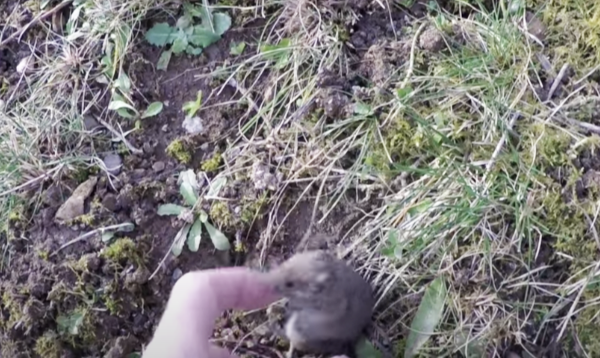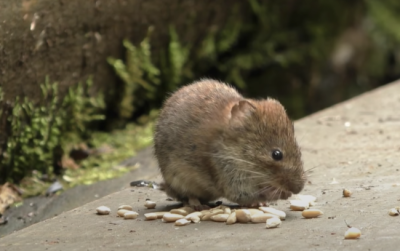Do Mice Bite?

A rodent infestation is a common problem and if it hasn’t happened in your household yet, you may still want to be prepared for this scenario. There is a lot of myths and legends about mice, so it’s important to understand the facts and feel confident in dealing with a potential new roommate.
One of the questions frequently asked is why exactly are mice dangerous? Can they bite you or your family members? What type of diseases do they carry? In this article, we have the answers to those urgent questions to make you feel more safe and better prepared.
Are Mice Dangerous?
As cute as they may seem, mice can be a real danger to your household. Not only can they damage your house or outside space, but more importantly they can spread serious diseases.
For example, mice can carry hantavirus, leptospirosis or salmonellosis, and spread it through their urine, droppings, or even saliva and nesting materials. You can get infected even by breathing the dust that has been in contact with an infected mouse or through direct contact with the droppings.
If you are dealing with a rodent infestation, you may also want to pay attention to the food you are eating – make sure the packaging is not damaged and that a mouse has not been in contact with the food you are about to consume.
Do Mice Bite?
The short answer – yes, mice do bite. However, generally speaking, they won’t bite a human unless when handled and disturbed. You may see mice bites on your furniture or cables, but the possibility of them biting you in your sleep is almost non-existent. Mice, when invading your household, are looking for pieces of food.
Even though Hollywood films like to portray those rodents as vile predators, that’s certainly not the case in real life. To make sure mice don’t wander to your bed or couch is simply not leaving any crumbs or leftover food there, especially when you know that mice are already in your household or even garden.
It is also worth mentioning that in fact the mice are the ones more scared in this scenario – when seeing you, they will run into hiding rather than try and bite you.
What to do if you get bitten by a mouse?
Even though the risk of getting bitten by a mouse is extremely small, it is still worth being prepared for this kind of scenario. These are the steps you should take in case of a mouse bite:
- Whether a tear is visible or not, clean the bite as soon as possible under running warm water.
- Carefully clean the wound from any objects, such as dirt or pieces of a mouse’s teeth.
- Push out some blood by squeezing the spot gently; in case of heavy bleeding you may want to cover the wound with a sterile pad until the bleeding stops.
- Dry the spot with a sterile pad and afterwards apply a disinfecting solution and cover the bite with a plaster.
- Seek medical help if the wound gets more serious (swelling, high fever, pain getting worse, etc.).
Summing Up
Mice do bite, but only when handled. Getting bitten by a mouse is very unlikely, nevertheless, you should be prepared to deal with this type of wound.
It is important to understand that mice are certainly a threat to your household and health of you and your family, and can carry life-threatening diseases. As soon as you discover rodents on your property, make sure to take action to get rid of them.

